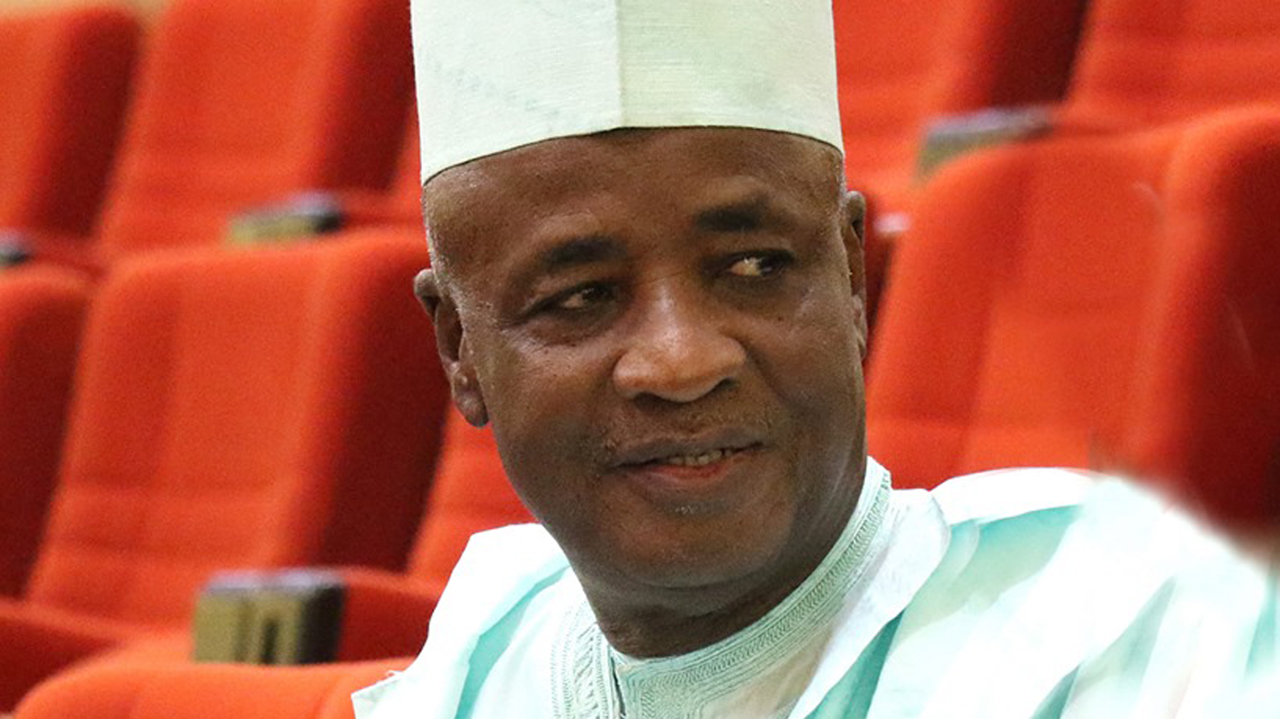 In an era where global health challenges are increasingly complex, the integration of Artificial Intelligence (AI) into health surveillance systems represents a significant advancement in public health technology. Topeola Balkis Awofala, a graduate of De Montfort University’s Faculty of Health and Life Sciences, thoroughly explores the profound impact of AI technologies such as machine learning and natural language processing in revolutionizing how diseases are detected, monitored, and managed. Her extensive research work meticulously discusses the improved efficiencies and accuracies these technologies offer to public health strategies, while also addressing the ethical and technical challenges that arise with their implementation.
In an era where global health challenges are increasingly complex, the integration of Artificial Intelligence (AI) into health surveillance systems represents a significant advancement in public health technology. Topeola Balkis Awofala, a graduate of De Montfort University’s Faculty of Health and Life Sciences, thoroughly explores the profound impact of AI technologies such as machine learning and natural language processing in revolutionizing how diseases are detected, monitored, and managed. Her extensive research work meticulously discusses the improved efficiencies and accuracies these technologies offer to public health strategies, while also addressing the ethical and technical challenges that arise with their implementation.
Awofala’s detailed exploration provides a comprehensive view of how AI can transform traditional health surveillance into a dynamic system capable of real-time monitoring and predictive modeling. By incorporating a variety of AI tools, her analysis reveals how these technologies enable health systems to not only track disease more effectively but also anticipate outbreaks before they occur, reducing potential impacts on public health and economic stability. The research also delves into the critical importance of developing ethical AI practices to navigate the complexities of integrating these advanced technologies into established health frameworks, ensuring they enhance rather than complicate disease management processes.
The national and global importance of Awofala’s research cannot be overstated. Nationally, it provides a blueprint for enhancing disease surveillance systems that could significantly improve public health outcomes and emergency preparedness. Globally, her findings contribute to the international dialogue on health technology by demonstrating how AI can be effectively harnessed to manage public health crises across borders, offering a scalable model for countries at various stages of healthcare infrastructure development. Her work suggests that with the right implementation strategies, AI can serve as a cornerstone for global health security, facilitating rapid response to emerging health threats and fostering international cooperation in disease prevention and control.
The research work meticulously critiques the potential of AI to shift health surveillance from a reactive to a proactive endeavor, emphasizing the strategic advantages of predictive analytics in preempting disease outbreaks. Awofala’s insights are particularly valuable for crafting policy recommendations that aim to maximize the benefits of AI while minimizing risks. She advocates for the creation of strong regulatory frameworks that address data privacy concerns, the development of unbiased AI algorithms, and the establishment of robust governance structures that ensure the responsible use of AI in public health.
In her comprehensive review, Awofala not only underscores the capabilities of AI in enhancing public health response but also stresses the necessity for ongoing vigilance regarding the ethical implications of its use. Her work serves as a guide for policymakers, healthcare providers, and AI technologists to collaboratively foster the development of AI tools that respect and enhance human health rights. This balanced approach aims to harness AI’s full potential responsibly, ensuring equitable health surveillance services worldwide.
Through her extensive and pioneering research, Topeola Balkis Awofala has established herself as a visionary in the field, advocating for an approach that harnesses AI’s capabilities to improve global health surveillance while maintaining a steadfast focus on ethical standards and practical realities. Her profound contributions inspire continued exploration and innovation in the use of AI to manage and mitigate global health threats, marking a critical step towards realizing the potential of technology in serving humanity’s most pressing health needs.






